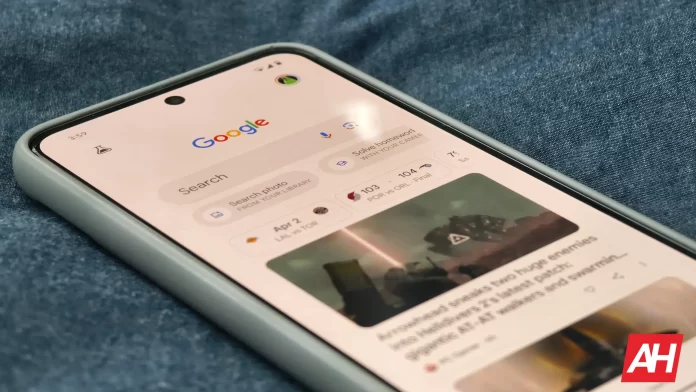[ad_1]
Google will have to pay $62 million as a settlement for tracking and storing users’ location history information without their consent. The sum will be used as a payout for a class-action lawsuit that followed an exposé by the Associated Press in 2018.
Multiple non-profits part of “extremely successful” settlement
U.S. District Judge Edward Davila has approved $62 million as the final settlement in court Thursday. The settlement is the result of an investigation that proved Google didn’t halt capturing and retaining users’ location history even after the latter denied consent.
Back in 2018, Google had assured users their data wouldn’t be tracked if they disabled the location history feature on their devices. However, an Associated Press investigation found otherwise.
Google published a support page on how to manage and delete a user’s location history, which stated, “When you turn off location history for your Google account, it’s off for all devices associated with that Google account.”
Despite its promises … was false.” pic.twitter.com/Ha1vkblCk1
— Google Search Honesty (@googlehonesty) April 22, 2024
Google LLC’s $62 million will go into a non-reversionary cash fund. Up to 21 nonprofit organizations will receive money for providing support and defense of the class members’ privacy rights. Other payouts include $18.6 million in plaintiff attorney fees, unreimbursed expenses of $151,756.23, and awards of $5,000 for each of the three settlement class representatives. This amounts to 30% of the settlement money. The usual benchmark is 25%. No wonder the judge called it “an extremely successful result.”.
The investigation strongly indicated that Google continued to access and store geolocation information of people who turned off their location history. The plaintiffs successfully argued that such actions violate the California Invasion of Privacy Act and California’s Constitutional Right to Privacy. The plaintiffs reportedly added that Google was guilty of “unlawful intrusion upon seclusion.”
Why exactly is Google paying $62 million to settle a lawsuit?
As mentioned in the settlement, Google should have ensured it stopped tracking users’ location the moment they turned off the Location History setting for their Google account. There’s no per-device setting required. In other words, Google should have turned off location tracking on all devices associated with that Google account.
However, the settlement states, “Google’s representation was false.” Turning off “Location History” merely stopped Google from creating a location timeline that the user could view. In other words, users couldn’t see their location being tracked.
Google, on the other hand, continued to track the phone owners and kept a record of their locations, the settlement observes. The settlement further successfully argued that even when users specifically turned off “Location History”, Google stored the user’s location every time they used any Google-controlled features on their phone.
Now how to stay private?
1. Turn off Google Activity tracking
You can turn off tracking the Web and App Activity, Location History and YouTube history. pic.twitter.com/nTeAmaFDPQ
— Roni Rahman (@heyronir) April 18, 2024
Simply put, a user had to merely use any of the myriad of Google apps and services, for Google to pounce on the location and store the relevant information. Apps and services such as Google Maps app, weather apps, and searches made with the phone’s mobile browser exposed the user’s location, and Google stored it, even with Location History turned off.
The 2018 investigation even indicated that Google was eager to capture and store location history. Actions such as opening Google Maps, and even some searches would trigger relevant algorithms. These apps would “pinpoint your precise latitude and longitude, accurate to the square foot. And save it to your Google account.”
Google has steadily amended its ways. Users can stop Google from tracking their location, access the information, and even delete location history. This settlement could help bolster these procedures and safeguards.
[ad_2]
Source link
